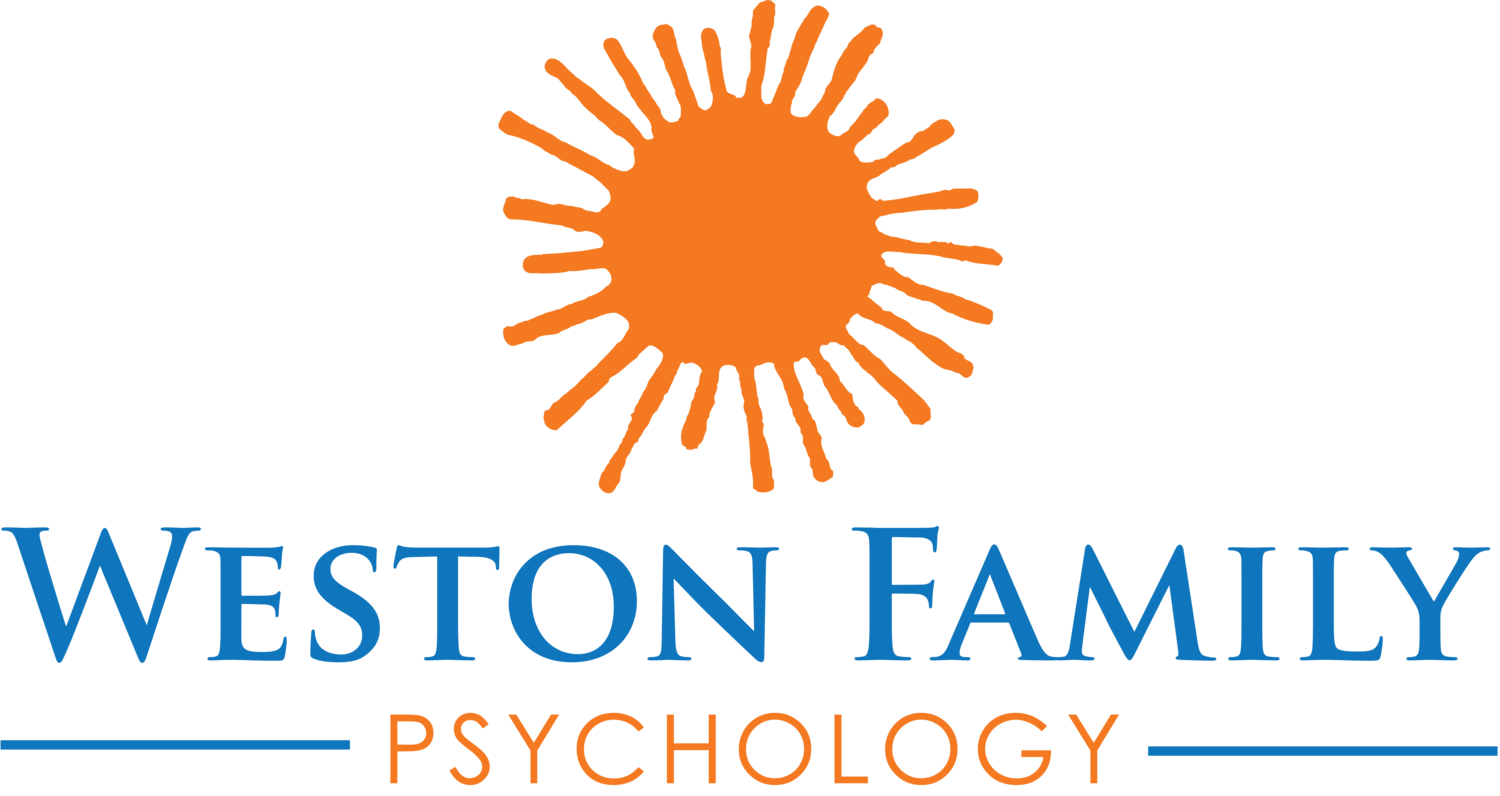On January 24, 2023, Weston Family Psychology therapists Dr. Ashley Freiman, Dr. Ryan Strosser, and Dr. Evan Mehlman shared their expertise on how to support children and teenagers with learning differences at a virtual event hosted by the American Academy.
The program, called "Building Confidence in Children & Adolescents with Learning Differences," was part of the Experts in Learning Differences series and aimed to provide practical techniques to parents and educators.
The panel of experts shared evidence-based treatments and answered questions submitted by viewers, providing a valuable opportunity for families to learn from experts and strengthen their knowledge about helping children with learning difficulties. The program provided a safe space for families to ask questions and deepen their understanding of how to support their children.
Dr. Ryan Strosser Discusses the Challenges Faced by Individuals With Learning Disorders
Dr. Ryan Strosser is a remarkable source of inspiration for parents who have children with learning differences.
In his early elementary school years, Dr. Strosser was diagnosed with a language-based disorder (dyslexia) that made it challenging for him to read and write at the same pace as his peers. It was not until sixth grade, when he underwent a professional evaluation, specialized tutoring, and received support from his friends, teachers, and mentors, that he gained the confidence he needed to succeed. Today, he is a clinical psychologist with a passion for helping others overcome similar obstacles.
Dr. Strosser's area of expertise is in assisting individuals who struggle with anxiety, obsessions and compulsions, tics, depression, post-traumatic stress, complex post-traumatic stress, dissociation, and addiction-related disorders. He considers it an honor and a privilege to listen to people's life stories, support them in achieving their goals, and assist them in navigating challenging seasons in their lives.
In the webinar, Dr. Strosser explored the explicit and implicit challenges that individuals with learning disorders face. He also offered practical advice for parents to build their child's self-esteem and confidence. Dr. Strosser suggested several tips, including encouraging curiosity, reframing negative self-talk, and encouraging children to become involved in social activities.
Dr. Evan Mehlman Explains Learning Disorders
Dr. Evan Mehlman is a well-respected figure in the South Florida community, known for his unwavering commitment to helping children, adolescents, parents, and families overcome emotional, behavioral, and educational challenges.
In the webinar, Dr. Mehlman gave a technical overview of learning disorders during his appearance in the Experts in Learning Differences series. He differentiated between learning disorders and intellectual disabilities, described common learning challenges, and explained how they could impact children and adolescents.
Dr. Mehlman cited the American Psychiatric Association's definition of learning disorders as neurodevelopmental disorders that are typically diagnosed in early school age but can go unnoticed until adulthood. If left untreated, learning disorders can lead to more than just academic difficulties, including an increased risk of psychological distress and poor mental health.
Dr. Freiman on the Stigma of Learning Disorders and Breaking the Cycle
Dr. Ashley Freiman is a seasoned clinician who has been helping patients across all stages of life for more than ten years. She utilizes an integrative approach drawing from Cognitive Behavioral, person-centered, mindfulness based, and reminiscence therapies.
In American Academy’s virtual event, Dr. Freiman addressed the effects of stigma with learning disorders and provided suggestions for breaking the cycle. She highlighted how stigma can result in reduced self-confidence and feelings of being different or inferior to peers.
To overcome these challenges, Dr. Freiman advised creating a social-emotional learning environment, conducting psychoeducational or neuropsychological evaluations, fostering parent-child connections, and building a support network.
Key Strategies & Lessons Learned
For Students: Self-advocacy is key to empowerment. Begin by identifying your goals, strengths, and needs and creating a self-advocacy card.
For Parents:
In the education setting, consider requesting a psychoeducational or neuropsychological evaluation to assess concerns with learning, which will in turn could provide recommendations and accommodations.
In the home setting, prioritize establishing a parent-child connection. Be curious about why your child is struggling, focus on what can be done differently, and help cultivate a strong support network around them .
For Educators: In the school setting, promoting a social-emotional learning environment is crucial. Advocate for your students and prioritize their holistic well-being.
This episode of Experts in Learning Differences provided valuable insights and inspiration for anyone seeking to support a child or adolescent with learning differences in building confidence and surmounting obstacles. If you missed the program, do not worry - you can still watch it on American Academy’s website.
Empower Your Family's Mental Health with Child and Family Psychological Services
The American Academy offers a specialized program for students with mild learning differences, catering to kindergarten through 12th grade. The program boasts a 100% acceptance rate into colleges and universities for its graduates each year.
Weston Family Psychology is a distinguished provider of child and family psychological services and is recognized as a top OCD treatment center.
If you’re looking for a psychologist or mental health provider in Weston or nearby, our therapists at Weston Family Psychology can help you with your concerns related to a variety of challenges including; anxiety, stress, trauma, and obsessive-compulsive disorder to name a few. Get in touch with us at (954) 384-1117 or leave us a message.


